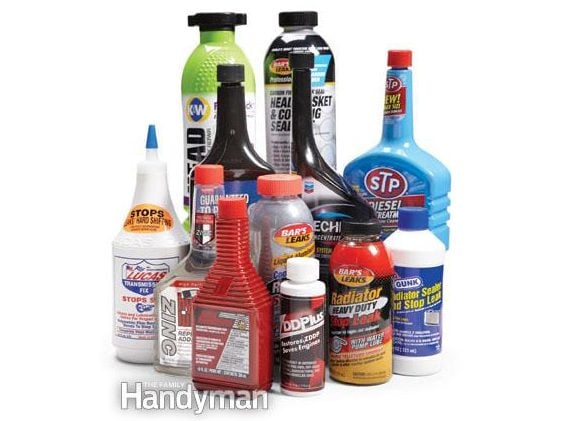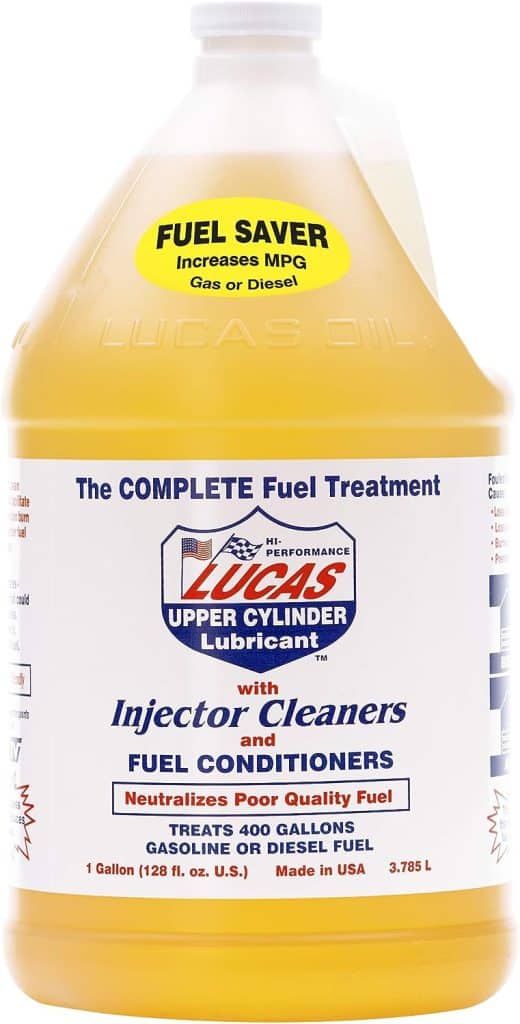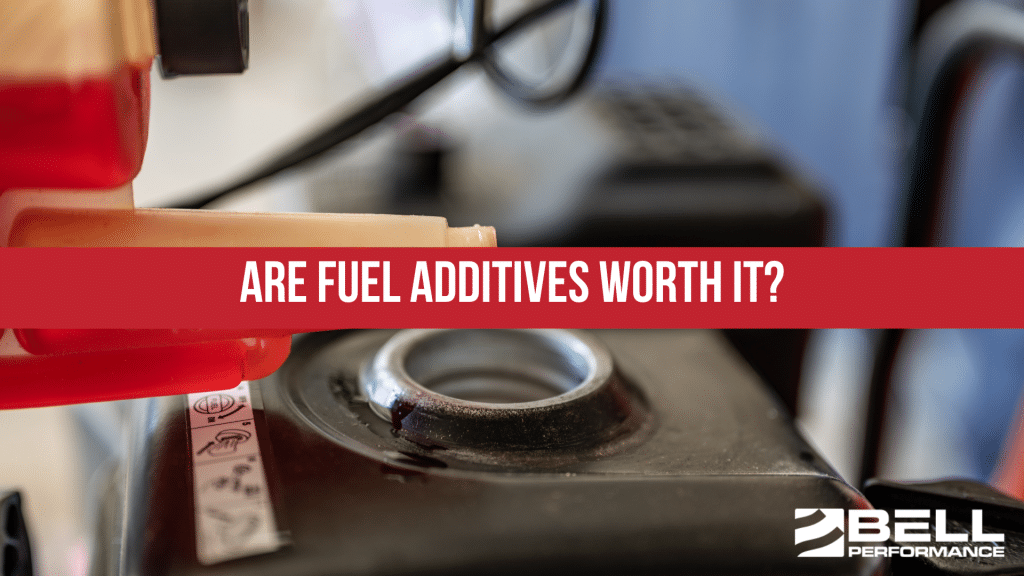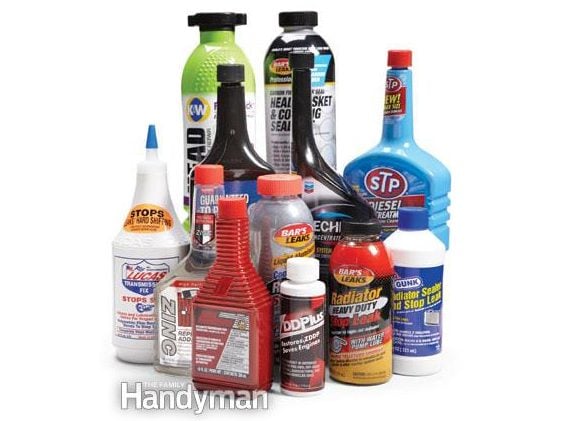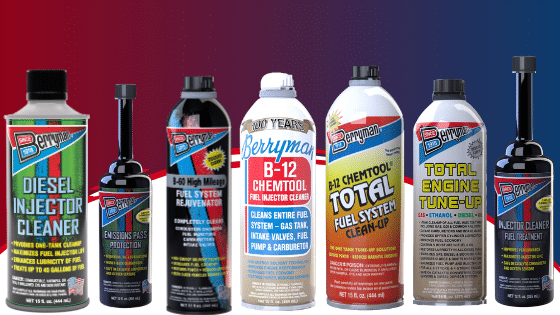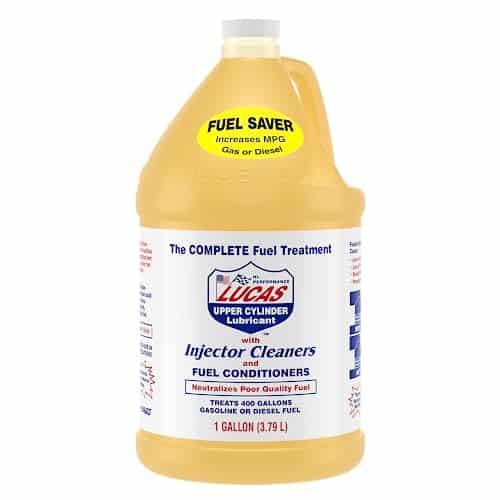When it comes to keeping our vehicles running smoothly, we all want to use the best products possible. Many of us are intrigued by gas treatment additives, promising improved fuel efficiency, engine performance, and reduced emissions. But are these additives worth the investment? In this article, we look closer at the effectiveness of gas treatment additives, exploring their benefits, potential drawbacks, and whether they truly live up to their claims. So, buckle up as we uncover the truth behind gas treatment additives.
What are gas treatment additives?
Gas treatment additives are chemicals added to gasoline or diesel fuel to improve performance and cleanliness. These additives can come in various forms, such as liquid, powder, or capsules, and are typically blended with the fuel at the time of purchase. Gas treatment additives are designed to address common issues arising from fuel use, such as engine deposits, fuel system corrosion, and poor fuel combustion.
Types of gas treatment additives
Various gas treatment additives are available on the market, each targeting specific issues and providing unique benefits. Standard gas treatment additives include fuel system cleaners, octane boosters, fuel stabilizers, and lubricity improvers.
Fuel system cleaners are additives that help remove deposits and impurities from the fuel system, including injectors, intake valves, and combustion chambers. These additives can improve fuel combustion efficiency, reduce emissions, and enhance engine performance.
As the name suggests, octane boosters increase the fuel’s octane rating. This can prevent knocking and pinging in high-performance engines and provide smoother acceleration.
Fuel stabilizers are additives that help prevent fuel degradation and oxidation. They are handy for vehicles stored for long periods or for fuels that do not contain ethanol.
Lubricity improvers are additives that enhance the lubricating properties of the fuel. This can reduce friction and wear in the fuel system, particularly in diesel engines that rely on the fuel for lubrication.
How do gas treatment additives work?
Gas treatment additives work by introducing chemical compounds into the fuel that can interact with various fuel system components. For example, fuel system cleaners typically contain detergents that can dissolve and remove carbon deposits from engine surfaces. Octane boosters often contain compounds that can alter the combustion characteristics of the fuel, reducing the likelihood of knocking or pinging.
Fuel stabilizers usually contain antioxidants that can slow the oxidation process, preventing the formation of gums and varnishes that can clog fuel injectors and other components. Lubricity improvers, on the other hand, commonly contain lubricating agents that can reduce friction between metal surfaces in the fuel system.
In some cases, gas treatment additives may also have detergent properties, helping to keep internal engine parts clean and free from deposits. By addressing these common issues, gas treatment additives can improve fuel efficiency, reduce emissions, and extend the overall lifespan of the engine.
Benefits of using gas treatment additives
There are several benefits to using gas treatment additives in vehicles. One significant benefit is improved fuel efficiency. By ensuring that the fuel combustion is optimized and the fuel system is kept clean, gas treatment additives can help maximize the energy extracted from the fuel and reduce wasteful consumption.
Additionally, gas treatment additives can reduce emissions by promoting more complete fuel combustion and preventing the buildup of deposits that can contribute to pollution. This is particularly important today, where environmental concerns and regulations are becoming increasingly stringent.
Furthermore, gas treatment additives can help extend the engine’s life by reducing wear and tear caused by friction and deposits. By maintaining a clean and well-lubricated fuel system, additives can prevent costly repairs and extend the interval between significant maintenance services.
Effectiveness of gas treatment additives
The effectiveness of gas treatment additives has been the subject of extensive research and testing. Numerous studies have been conducted to evaluate different additives’ performance and assess their impact on fuel efficiency, emissions, and engine cleanliness.
Research on gas treatment additives has demonstrated varying effectiveness depending on the specific additive and its intended purpose. Some additives have been shown to have clear benefits, such as improved fuel economy and reduced emissions, while others have had mixed results or shown minimal impact.
Expert opinions on gas treatment additives
Experts in automotive engineering and fuel technology have also weighed in on the effectiveness of gas treatment additives. Many experts agree that certain additives, such as fuel system cleaners and lubricity improvers, can provide noticeable benefits when used correctly.
However, it is essential to note that expert opinions may vary depending on the specific additive and its intended use. Some experts believe the benefits of using gas treatment additives are marginal and may not justify the additional cost. In contrast, others argue that the potential benefits outweigh the potential drawbacks.
Consumer feedback on gas treatment additives
Consumer feedback on gas treatment additives is another essential factor when assessing their effectiveness. Many consumers report positive experiences with certain additives, noting improved fuel economy, smoother engine performance, and reduced maintenance costs.
However, it is worth noting that individual experiences may vary, and there are also cases where consumers have not noticed any significant benefits from using gas treatment additives. This can be due to various factors, such as the additive’s quality, the vehicle’s condition, or the consumer’s driving habits.
Potential drawbacks of using gas treatment additives
While gas treatment additives offer potential benefits, there are also some drawbacks. One of the primary concerns is the cost of using these additives regularly. The cost can increase, mainly if the additive is used every time the fuel tank is filled.
Another potential drawback is the possibility of adverse effects on engines. While most gas treatment additives are designed to be safe for engines, there is a small risk that certain additives could react negatively with engine components or fuel system materials. Selecting additives compatible with your vehicle and fuel system is essential.
Furthermore, there is limited evidence of the long-term benefits of using gas treatment additives. While short-term benefits can be observed and measured, how they translate over extended periods is unclear. Long-term studies on the effects of gas treatment additives are still needed to fully understand their impact on engines’ overall performance and longevity.
Factors to consider when deciding on gas treatment additives
When considering the use of gas treatment additives, several factors should be taken into account:
Fuel quality
The quality of the fuel being used is an important consideration. Higher-quality fuels often contain additives that can enhance engine performance and cleanliness. In such cases, additional gas treatment additives may not be necessary.
Vehicle age and condition
The age and condition of the vehicle can also influence the choice of gas treatment additives. Older vehicles or those with significant mileage may benefit from additives that target specific issues, such as fuel system deposits or lubrication.
Driving habits and conditions
Driving habits and conditions can also play a role in determining the need for gas treatment additives. Vehicles frequently driven in stop-and-go traffic or subjected to extreme temperatures may benefit from additives that protect against wear and deposits.
Alternatives to gas treatment additives
While gas treatment additives can be effective in improving fuel efficiency and engine performance, there are alternative measures that can also provide similar benefits:
Regular vehicle maintenance
Proper and regular vehicle maintenance, including routine oil changes, filter replacements, and fuel system cleanings, can help keep the engine clean and operating efficiently. This can reduce the need for additional gas treatment additives.
Using high-quality fuel
Using high-quality fuel that contains detergents and additives can provide similar benefits to gas treatment additives. Many companies offer premium fuels containing additives to improve engine performance and cleanliness.
Driving habits that improve fuel efficiency
Simple changes in driving habits can also help improve fuel efficiency. Avoiding aggressive driving, maintaining steady speeds, and minimizing idling time can all contribute to better fuel economy without the need for additives.
Tips for using gas treatment additives effectively
When using gas treatment additives, there are several tips to keep in mind to maximize their effectiveness:
Follow manufacturer instructions
Always follow the instructions provided by the manufacturer of the gas treatment additive. This includes the recommended dosage, fuel type compatibility, and any specific instructions for use.
Choose additives that address specific issues.
Select gas treatment additives that target specific issues or areas of concern in your vehicle. This ensures that you use the most appropriate additive for your particular needs.
Monitor fuel consumption and engine performance.
Keep track of your vehicle’s fuel consumption and monitor any changes in engine performance after using gas treatment additives. This can help you evaluate their effectiveness and determine whether they provide the desired benefits.
Common myths about gas treatment additives
There are several common misconceptions or myths about gas treatment additives that should be addressed:
Additives improve fuel mileage instantly
Contrary to popular belief, gas treatment additives do not typically provide instant improvements in fuel mileage. While they can enhance combustion efficiency over time, it may take several tankfuls of treated fuel before noticeable improvements are observed.
All additives have the same effectiveness.
Not all gas treatment additives are created equal. Different additives have different formulations and are designed to address specific issues. Therefore, their effectiveness can vary depending on the specific additive and its intended purpose.
Premium fuel negates the need for additives.
While premium fuels often contain additives that can improve engine performance and cleanliness, this does not necessarily negate the need for gas treatment additives. Additives can provide targeted benefits and enhance fuel efficiency, emissions reduction, and engine longevity.
Regulations and certifications for gas treatment additives
Gas treatment additives are subject to industry standards and regulations that help ensure their safety and effectiveness. Several organizations provide certifications and testing protocols for gas treatment additives to ensure they meet these standards.
Industry standards for gas treatment additives
The petroleum industry has established specific standards for gas treatment additives, including labeling, formulation, and performance requirements. These standards help ensure that additives are safe and provide the claimed benefits.
Organizations providing certifications
Organizations like the American Petroleum Institute (API) and the International Organization for Standardization (ISO) provide certification and testing protocols for gas treatment additives. Products that meet these certifications can give consumers confidence in their safety and effectiveness.
How to identify reliable products
To identify reliable gas treatment additives, consumers should look for products certified by reputable organizations such as the API or ISO. Additionally, reading customer reviews and considering recommendations from trusted sources can help guide the decision-making process.
Conclusion
When considering gas treatment additives, weighing the potential benefits against the potential drawbacks is essential. While gas treatment additives can provide improved fuel efficiency, reduced emissions, and enhanced engine performance, their effectiveness may vary depending on the specific additive and its intended purpose.
Fuel quality, vehicle age and condition, and driving habits should be considered when using gas treatment additives. Additionally, alternative measures such as regular vehicle maintenance, high-quality fuel, and fuel-efficient driving habits can provide similar benefits without adding additives.
While continued research is needed to fully understand the long-term benefits and potential drawbacks of gas treatment additives, making an informed decision based on individual needs and circumstances is crucial. By considering the available information, monitoring fuel consumption and engine performance, and choosing reliable and certified products, consumers can choose to suit their needs and goals best.
